Disclaimer: this newsletter may trigger non-Americans, and honestly, anyone not yet subjugated by late-stage capitalism.
I’m laughing at the fact that I’ve actually gone ahead and written this. Not because rest is a joke but because I am in no position to advise on it. I respect the concept of rest & relaxation in the way one might appreciate a rare bird: from a distance, in awe, fully aware that it does not live in my habitat. To believe that one day I will evolve into someone who rests, who can sit still without trying to check it off a list, is a nice thought. But here I am, ironically itemizing my simple reflections on the subject. Before I start tweaking out and calling up every Earth Sign I know, asking “how the fuck do I do this again?”, I need to read this back to myself.
If you identify with any (or all) of the following, welcome in. Hold the door for the person behind you. Don’t be shy. I pinky promise this will be good for us.
you had to parent your parent(s)
you are the eldest child (or give older sibling energy)
you love optimizing your time with everything, I mean everything (little ms. optimus prime, settle down)
you grew up in a low-income household
you are an immigrant or a child of immigrants
you work in a field where burnout is considered a personality trait
you had never let the ‘arrival fallacy’ actually sink in
you only relax when you are on the first two days of your period
you only “rest” when you are sick
you are never aware when you are burning out
I’ve spent years squinting at this foreign idea of rest & relaxation, trying to find it, unsure of how to embody it, and simply begin. I’ve prided myself on being this perfect creature of habit. I’ve been planning, plotting, and processing nearly every single thought, idea, spark, worry, and fear so I can end my days in peace. Plot twist: most days do not end in absolute peace for Prathigna.
Only when the new routine of claiming unemployment benefits every week adjusted to my ghost of a schedule did I feel this looming presence of endless time next to me. This was my sign to rest, according to everyone around me. I had to set aside worries about making my rent, the job market, politics, my ex, my purpose, and the fleeting potential of continuing to live in New York City past the summer just for a little while.
I know I need to create a system to care deeply for myself before I burn out again or worse, hit play and remain the same. I want to rest without having to will myself into it. I want to be chill (lol). I want to trust that things will be fine simply because I am fine, not because I micromanaged my peace. I resent the people closest to me who believe in me. I do. It feels like they know something I don’t. Like they’re all in on a secret I can’t hear, nodding along to a script where I turn out fine.
Moving right along, here’s a step-by-step beginner’s guide on how to rest. Try doing it for 30 minutes. Then an hour. Notice how your mind and body adjust to time passing by while you are in this state.
I hope this helps. To the little buddhas, the people who find real joy in doing nothing, and the devoted patrons of Zoloft and Prozac, say a little prayer for the rest of us.
Step One: Permit yourself to rest
Pausing doesn’t feel like a break. It feels like someone yanking the emergency brake on a moving train when you’re already running late. At best, it’s an inconvenience. At worst, it’s a derailment.
You tell yourself you’ll rest when things settle down, but things never settle down.
Your body, of course, has been keeping score. It starts sending not-so-subtle hints—a stiff neck, a pulsing headache that won’t quit, the deeply personal betrayal of your lower back. Meanwhile, your gut, that ignored little intern, is waving its arms in the background, trying to get a word in. But who has time to listen? There are Teams pings. Another birthday event. The project that somehow became your problem. Deadlines. More deadlines.
Ask yourself when was the last time you felt relaxed, not just in theory, but in your bones? What were you doing? Who were you with? Where were you?
Write it down if you have to. Rest has a devious way of erasing itself from memory sometimes.
Needing permission to rest is part of the process. At first, it’s the only way to trick yourself into letting go, giving up just enough control to make it feel like a choice. If you won’t listen to yourself, then whose voice would you? Who, in your life, could tell you to rest and actually make you believe it? Ask them. Let them be the permission slip you can’t give yourself yet.
Step Two: Practice breathwork
Learning how to breathe properly to wind my system down is an ancient practice, one that should be running in my blood. But something about living in a capitalist society seems to have wiped that knowledge clean. Shocking. Truly.
Part of creating the perfect atmosphere to rest is, unsurprisingly, breathing. But let’s start with the basics—actual breathing. Not the kind you do while speed-walking to catch the bus, or while doom-scrolling, or while crying in the shower. Just breathing.
Pranayama is the yogic practice of breath control, a Sanskrit term that combines prana (breath, life force) with ayama (extension, control).
Each morning, I’ve made it a practice to take a few intentional breaths in and out of my nose, closing one nostril with my thumb, alternating sides, and repeating the cycle four to six times until my stomach, shoulders, and jaw feel less tense.
Step Three: Lay horizontal (for a while longer than you think you need to)
Light a candle or an incense. Light something on fire (an appropriate object, please). Make a shit ton of tea. Take a hot bath. Toss your phone to the opposite side of the room, the couch, the void, wherever you won’t be tempted to reach for it. The phone will be a buzzkill. A saboteur. A tiny, rectangular narc whispering, Wouldn’t it be nice to check your email? No. It would not.
You don’t need to swipe on Hinge. You don’t need to text your friend back about confirming Thursday plans (they’ll survive). You don’t need to listen to that podcast you’ll forget 30 seconds after it ends. And you certainly do not need to FaceTime your mom. Leave her alone. She’s busy.
Your job is to not be.
Lie down on your bed. A field of fresh cut grass on a summer day is the most ideal in this scenario, but that’s not possible for an irritable east coast girl from Jersey in the thick of winter.
Anyways, I have this interesting habit where I never really get into my bed after I’ve made it in the morning. I never saw it as a haven for comfort and whimsy, just a duty to my sleep schedule after the day ends. If you’re too strict about making your bed and don’t want to mess it up, then lie down on your couch instead. Gather some pillows, a throw blanket or anything that will keep you warm and cozy.
Close your eyes if you want to. If you’ve done your breathwork before this, you’ll have less trouble settling inside your body. You’re winding down. Now, after you’ve gone ahead and done that, here comes the tricky part.
Reflect on your definition of productivity. Now do something that isn’t productive while you’re lying down.
I had to learn the hard way that my definition of what wasn’t productive was someone else’s most productive day. When my friend called me to ask what I’d been up to after I told her I was resting for the day, I used to tell her that I’d gone to the gym, made matcha, organized my planner, made a meal, worked on my newsletter, and outlined my portfolio. I can still hear her laughter through the phone. It was clear to her that I wasn’t doing what I had set out to do.
I’m here to remind you: everyone has a different definition of what a productive day looks like or what a task even is. The point is, all of those things might be good for the soul, but completing them isn’t what we’d call relaxing.
Another reminder: Doing something unproductive ≠ a waste of time.
I know, I know. There’s a lot of unconditioning that comes with forcing yourself to do what society would deem ‘unvaluable.’ Believe me, if it were really that easy, we’d all be a little more focused and a lot less anxious as a generation.
And hey, don’t blame yourself if you realize you can’t actually rest past the 30-minute mark. It can take weeks, months, even years to fall into a steady place and surrender to your body’s intuition, especially when you have the real world to consider outside of this space.
Back to the lying-down thing. You’re down. You’re cozy. Good.
Now, when you reach for that unproductive task, remember you need to feel relaxed while doing it. If you catch yourself straining your focus, if your mind starts wandering back to your to-do list, or if you feel yourself unfolding out of the present moment, that’s your cue to stop.
Most of these examples fall under entertainment. Read that murder-romance novel. Catch up on your saved Substack newsletters (preferably on a desktop to protect the boundary between you and your phone). If you have a Switch or a video game you haven’t had the time to play, play it. Knit. Craft. Draw. Paint. Sketch. Journal.
There’s something about doing what you used to do as a child, maybe during class or after you got home from school, that’s so beautiful and peaceful to me as an adult. Watch your favorite comfort show. Finally sit through that three-hour A24 film you secretly pirated. Listen to that new playlist you made with your friends. Put on Brain FM or Binaural Beats. And if none of that calls to you, just watch your pet (if you have one).
Whenever I face decision paralysis over how to properly rest, I look to my cat, Rumi. That girl is living in paradise inside an Upper East Side studio. From her perspective, she’s ballin’. Around noon, she’s either stretching, lounging on the one medium-sized window we have, or sprawled across the bed, waiting for me to cuddle her.
I look to her for inspiration. And so I do what she does. I stretch, I do cat-cow, I downward dog. I lie on my back and reach my arms up high the way she does, usually triggering a yawn. We yawn together. By this time, the afternoon sun creeps in, slow and semi-golden. We take whatever light we can grasp, soaking in it. Doing absolutely nothing…or so it seems.
And that’s really it. Three simple steps. It’s painfully hard to implement daily, so be patient with yourselves. Not to get all spiritual (I can’t help it, sorry), but consider this time as a gift for yourself. You can learn a lot about who you are and who you want to be when you’re not working on something.
One of the many reasons I know I have trouble resting is because I haven’t had good examples of it being done. I’ve never seen my parents relax; I’ve never seen anyone around me relax until I lived with my friends, until I hit my mid-twenties and lived close to others.
I watch a few friends endearingly. They know how to relax. Watching them relax relaxes me. I learn a great deal from sleeping over and overstaying at their apartments, from Philly to New York to Boston to Portland, Maine. I experience their ways of resting and try to take that back home with me.
I started writing this essay after feeling overwhelmed far too many times in one single day. It’s simply not human to feel this way, I thought. On my walk back from the gym, I took the scenic route by the East River promenade. It’s roughly a two-mile-long walkway at the edge of the river for bikers, runners, dogs, and people to stroll and enjoy the view of Roosevelt Island and Lower Manhattan. Sunsets are magical here. I try to catch one now and then. There, I saw a mix of pigeons and shorebirds fly above the water. They decided together when to land on the railings and when to fly again. I was jealous of them, of their instincts to soar or dive. To leap or herd together. How do they do that, I asked myself. They’re fucking birds, Prathigna, I replied a second later. They’re birds; they know exactly what they need to do.
If I cannot be a bird, then I must be human. But being human seems so simple, and yet we make it so hard for ourselves to just be. We permit ourselves to be human only a fraction of the time we are alive, breathing. In the meantime, we work, produce, and wait for time to bend into something more interesting for us.
But you will not disappear if you stop thinking. You will not disappear if you stop doing. The world will continue to move the way it does. Sometimes nonchalantly, caustic and effortless.
Poems for You:
Wild Geese by Mary Oliver
How to Do Absolutely Nothing by Barbara Kingsolver
Questions to Take with You:
Have you ever seen your parents rest as a child? If so, how?
How do your friends rest?
What is one small change you could make today to prioritize rest in your routine?




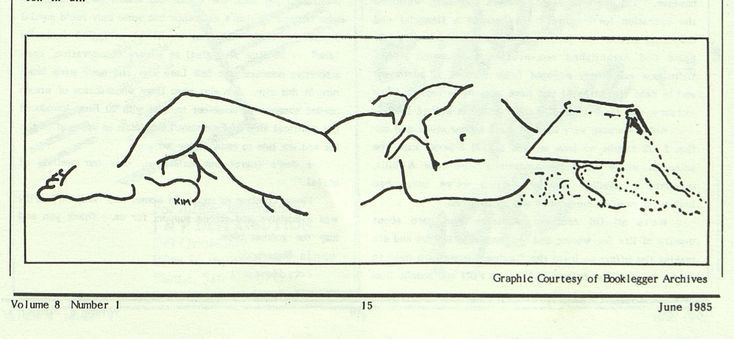


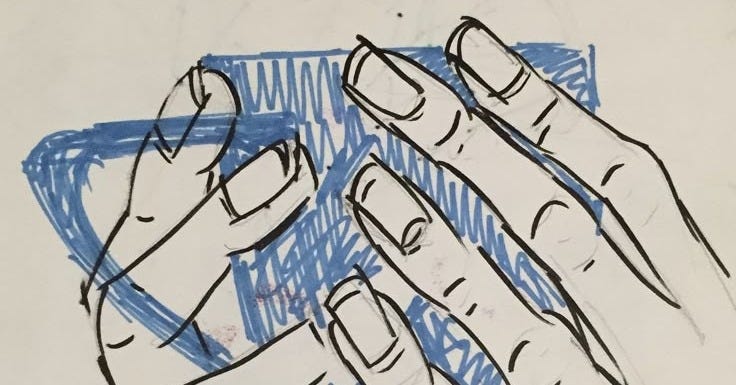
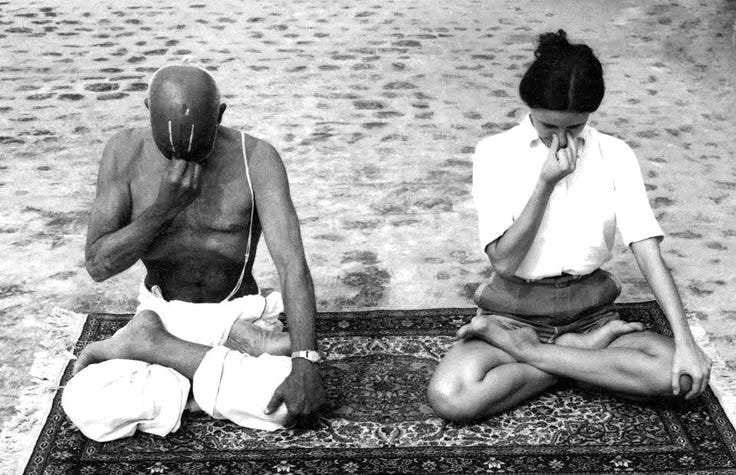
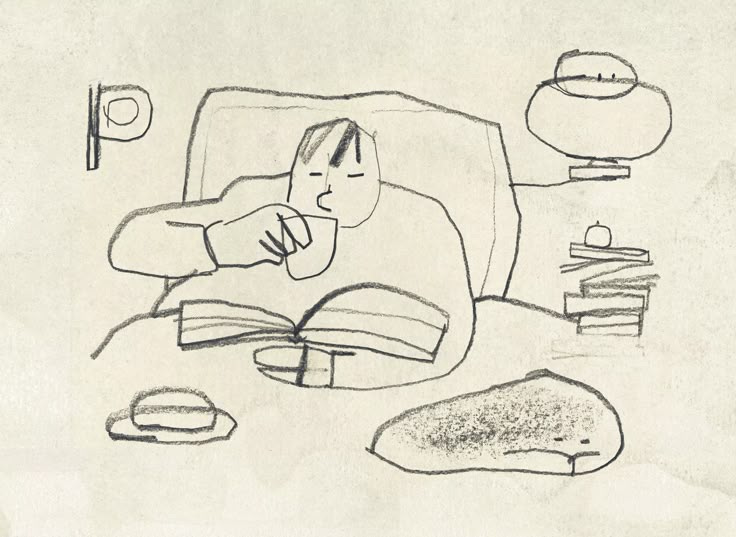

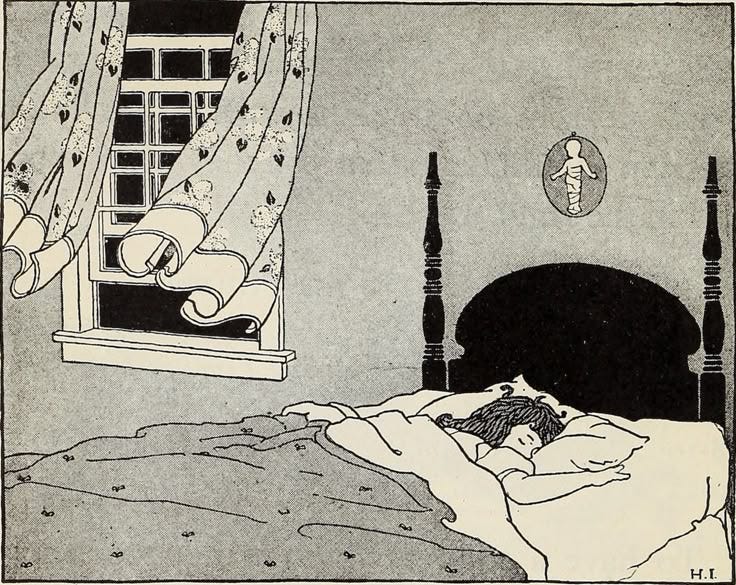
An unbelievably well-timed read for me. Just finished reflecting on the value of a slow Saturday morning, and the sweet release of an online game of Catan after lunch! I can feel myself already missing the point by using the word, "value." I often tend to only offer myself a restful moment having "earned it" on the heels of something productive. Like I only rest peacefully if I feel I deserve it. You're right, it takes time, to not be, to not think, to not do. How ironic. The key is really feeling relaxed while you do the "unproductive" thing. A point that hits home. Perhaps today I will practice! A few deep breaths and some reading at a bench in the park. Thank you, as always, Propti. Brilliantly written and relatable. Cheers!
I need to print this out and put it on my wall. Such a beautiful read, Prathigna!